Taking care of your mental wellbeing has always been important, but perhaps never more so than right now. The COVID-19 pandemic has thrown the world into chaos and uncertainty. Many people have lost loved ones and livelihoods. Weddings, vacations, proms and graduations have been cancelled. Most of the world’s population have been forced into lockdown at one point or another, and millions of people are still unable to leave their homes.
If you’ve struggled with your mental health during the pandemic – and let’s be honest, who hasn’t – then I want you to know that you’re not alone. I’ve put together this guide to caring for your mental wellbeing during COVID-19. It contains advice and practical tips to help you cope with the stress and anxiety that inevitably come with living through a global pandemic.
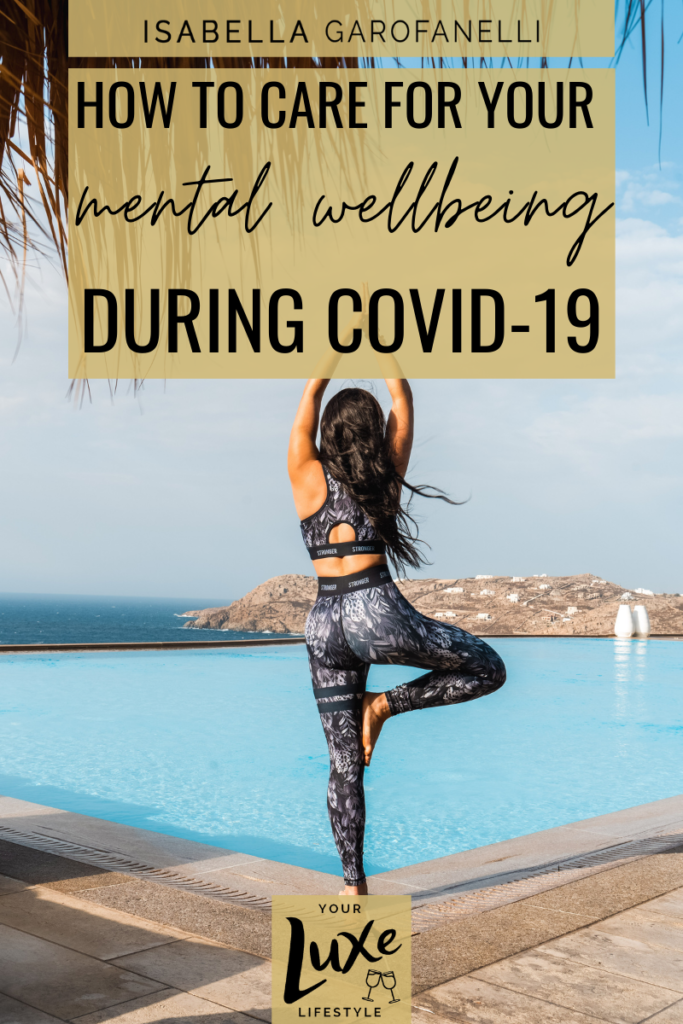

Stick to a Schedule
If you don’t have set working hours at the moment, it can be tempting to lie in bed for most of the morning. However, I strongly advise against this. Waking up at the same time every morning is proven to improve the quality of your sleep. A good night’s rest is an essential part of maintaining physical and mental wellbeing, so don’t neglect it. Besides, a routine will help you to keep a sense of normality. You don’t have to get up at the crack of dawn, just choose a time you can comfortably stick to. It’ll start your day off right and help you be more productive if you’re working from home.
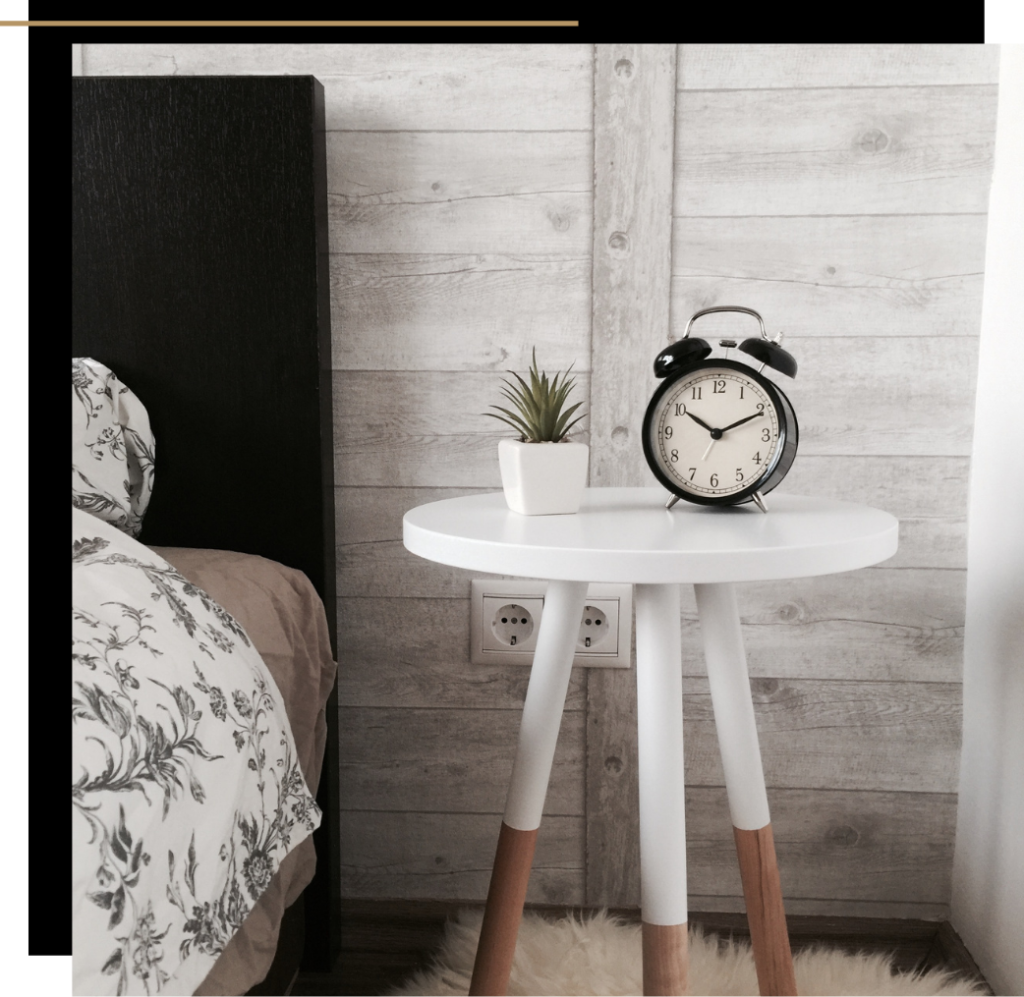
The same applies for working remotely. Aim to start and finish work at roughly the same time each day. Plan your breaks in advance so that your ten-minute tea break doesn’t accidentally become a three-hour Netflix marathon. Similarly, it’s a good idea to schedule a walk or some exercise at the same time every day.
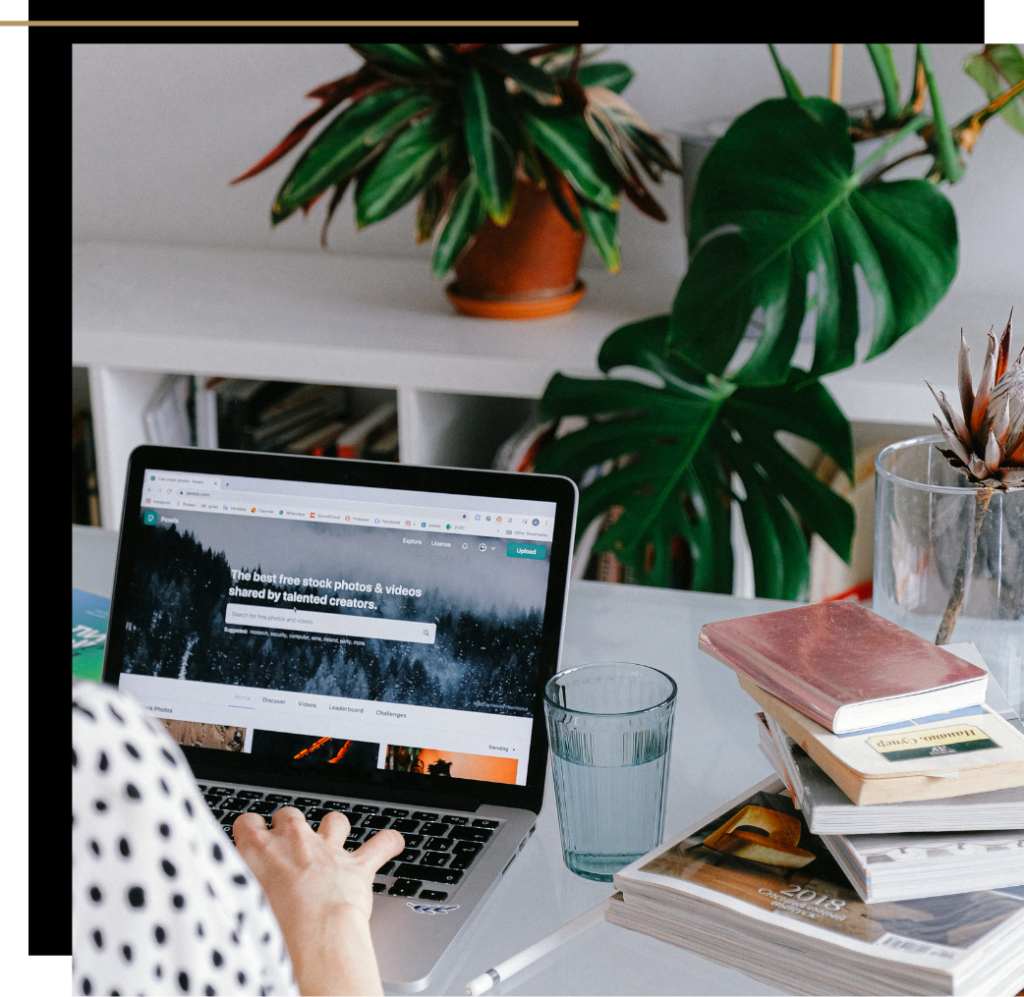
Sticking to a routine goes a long way in helping us feel calm, secure and in control. It creates a sense of certainty in an uncertain world, not to mention boosting productivity for those working from home.

Set Up a Home Office
Speaking of working from home, you’ll find it much easier to get things done from a dedicated workspace. Check out my simple guide to setting up the perfect home office. It doesn’t have to take a lot of time or money and the benefits are huge.
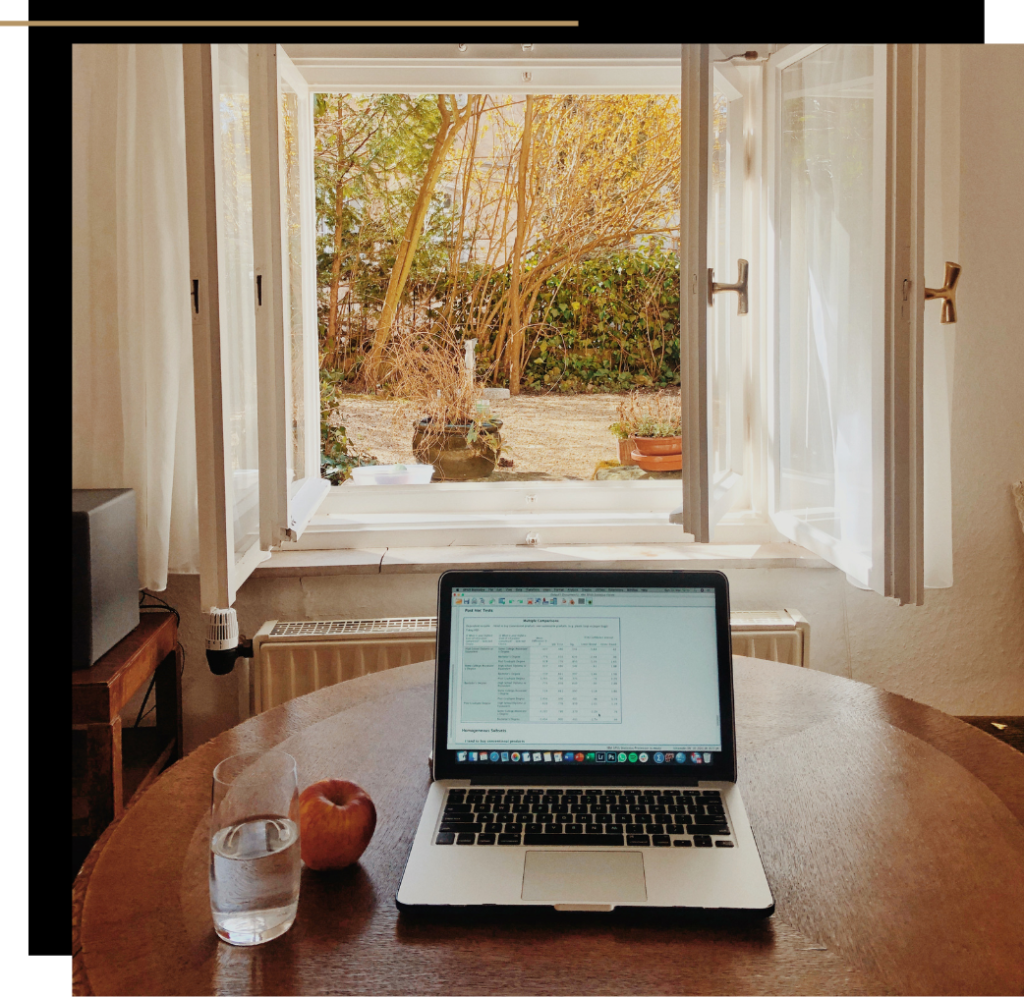

Exercise Regularly for Mental Wellbeing
The benefits of exercise aren’t just physical. When you exercise, feel-good hormones are released in your brain which help to improve your mood, sharpen your concentration and combat stress. In fact, clinical studies have found that regular aerobic exercise can be just as effective as antidepressants. With millions of zero equipment workouts on YouTube, it’s never been easier to workout at home.
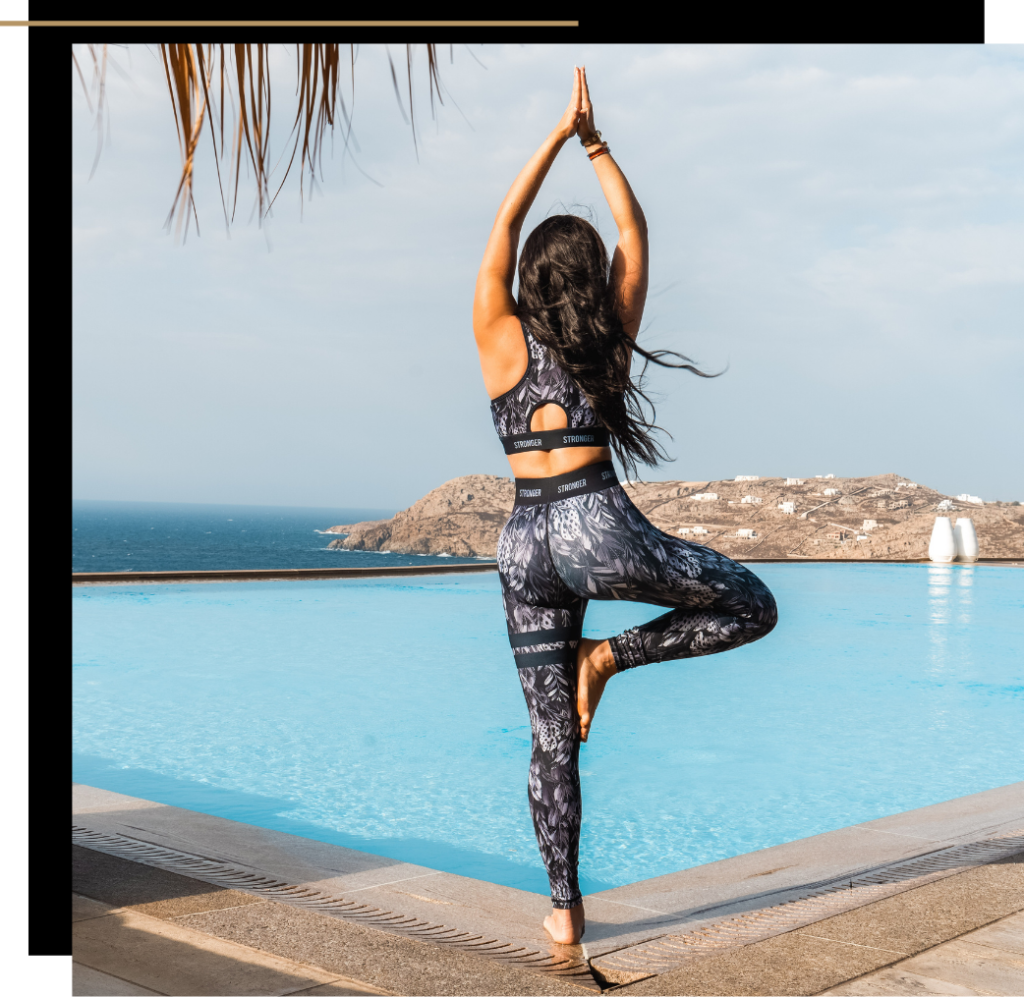

Eat Healthily
I know it’s very tempting to reach for the snacks right now but overindulging leaves you feeling sluggish and lethargic. Focus on eating nourishing whole foods that provide you with energy and make you feel good. You could always try an intermittent fasting eating pattern to give you that extra boost.


Media Management for Mental Wellbeing
Staying informed is important but becoming glued to the news can have a negative impact on your mental state. Limit your news consumption and resist the urge to ‘doom scroll’ on social media. For example, you could watch the main bulletin each morning and then switch off for the rest of the day.


Walking for Mental Wellbeing
Walking is a very underrated form of exercise. It’s free, low impact and virtually anyone can do it. A walk in nature can even help boost your brain chemistry and strengthen your immune system. Plus, it gets you out of the house.


Journal
Journaling can help you process your emotions and make sense of jumbled thoughts. If you can’t commit to writing pages and pages every day, consider keeping a mental health journal. You can use bullet points to help you keep track of your progress and identify stressors. I really like this one from Amazon.


Stay Connected with Family and Friends
Community and a sense of belonging are one of our most basic human needs – Maslow says so. Unfortunately, many of us are having to maintain a safe distance from our loved ones right now, which negatively impacts our mental wellbeing. However, thanks to the power of technology, it’s never been easier to stay connected. I know a video call isn’t the same as a hug, but it can still help. Regular messages and video chats can reinforce that sense of community that so many of us are missing right now. If you have the option, go for a socially distanced walk with a friend or relative.


Relaxing Stay-At-Home Hobbies for Mental Wellbeing
It’s important to keep yourself entertained and relaxed for mental wellbeing, and there are plenty of potential new hobbies that can help with this. Adult coloring books have become hugely popular of late, as have jigsaws, paint-by-number kits and mental puzzles.

Help Others
Volunteering can help give you a sense of purpose and boost your self-esteem. At a time when you might feel powerless, helping your community can be very satisfying. Find out about local organisations in your area. For example, many towns need drivers to deliver medication and groceries to vulnerable citizens.


Start A New Project
You don’t have to be productive 24/7 during the pandemic, but the right project can inject passion and purpose back into your life. Maybe it’s time to launch the blog you’ve always dreamed of or finally begin working on your Great American novel.


Maintain Hygiene
When you’re staying in all day, every day, it’s very tempting to keep on wearing last week’s dirty pyjamas and forgo washing your hair but hygiene is crucial to maintaining mental wellbeing. It’s hard to feel good when you smell bad and your hair’s all greasy. Be sure to take good care of your skin too and follow these top tips on avoiding mask acne.
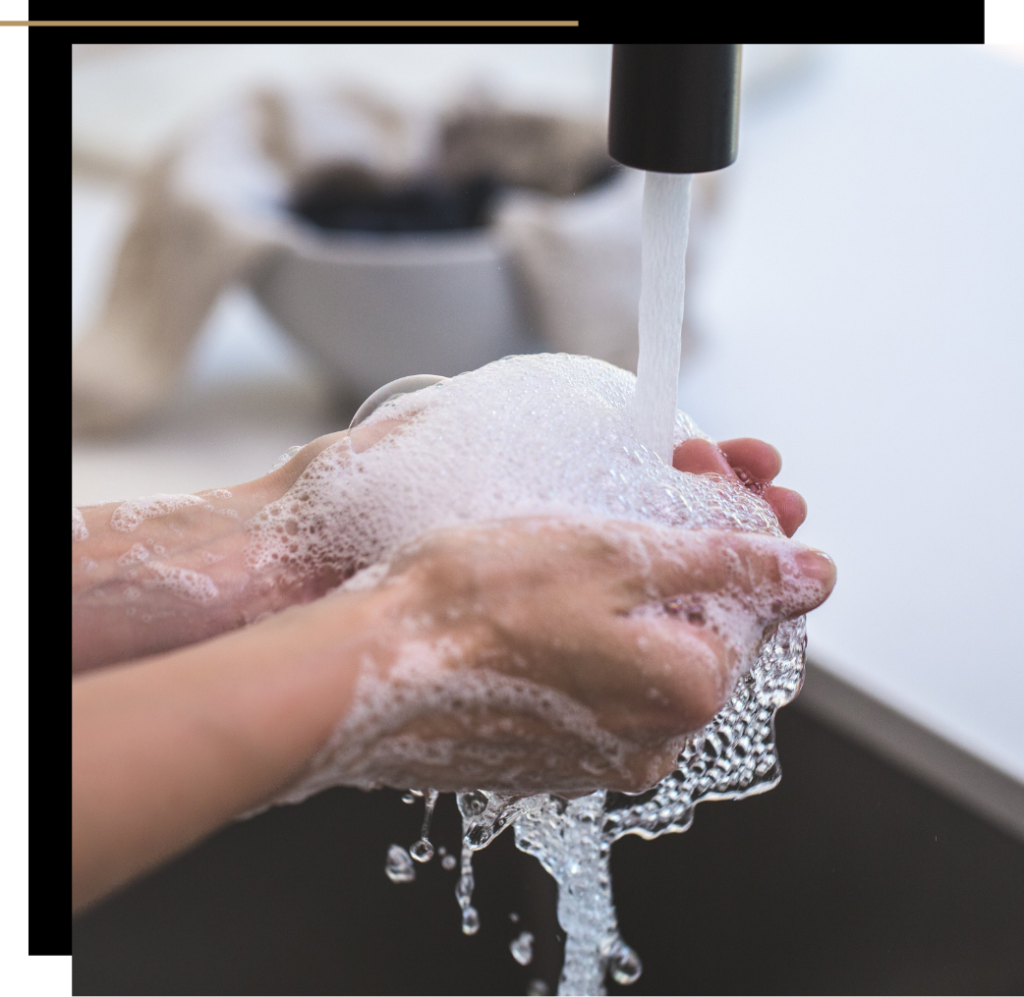

Dress Nicely
Is there any point in getting all dressed up when there’s nowhere to go? I say yes. Okay, so you don’t have to get dolled up in an Oscar-worthy outfit but do at least make some attempt to look smart and stylish, even if you’re not leaving the house much. It helps you to maintain your self esteem and there’s evidence to suggest that our clothes do impact our mood. You know what they say: dress smart to think smart.


At-Home Beauty Treatments
Again, your outward appearance can have a big impact on your mental wellbeing. If salons are closed where you are, take a look at this list of the best at-home beauty treatments so that you can feel like a million bucks once more.
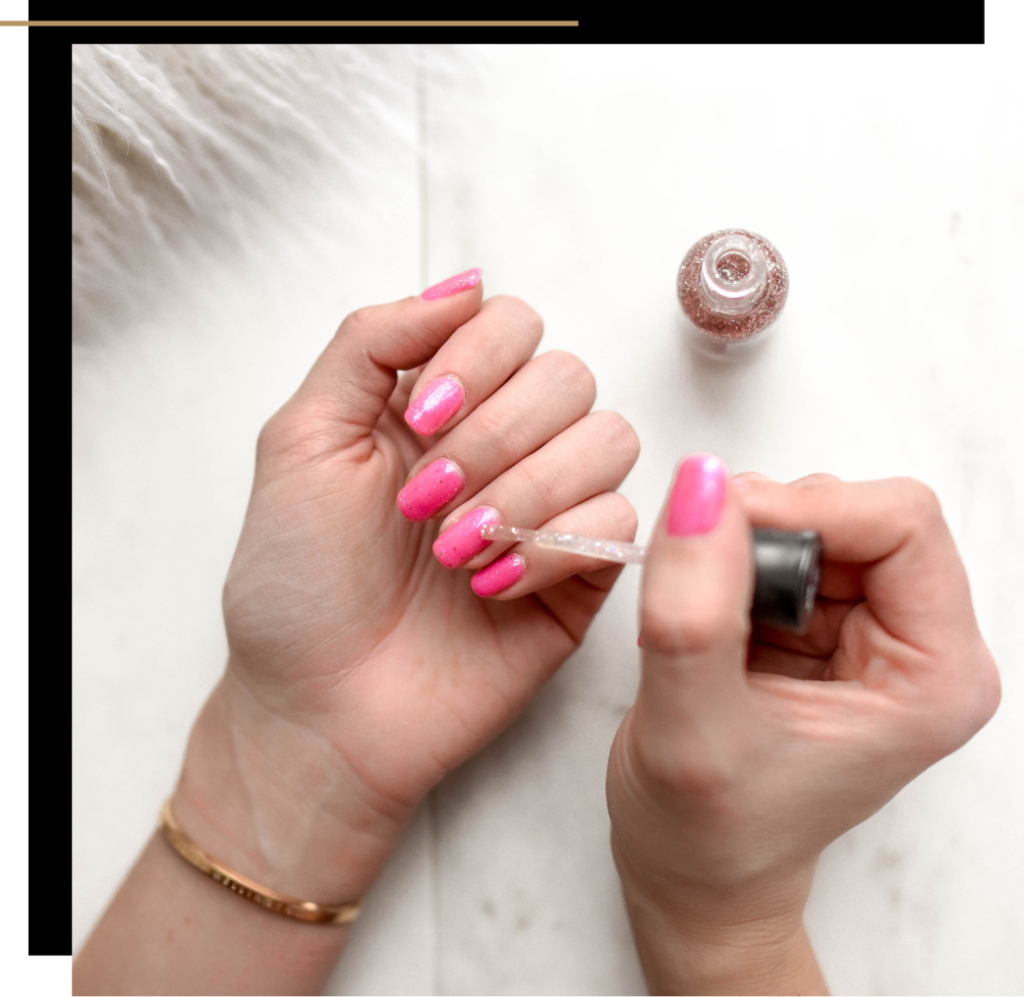

Practice Affirmations for Mental Wellbeing
Affirmations are positive statements you repeat to yourself daily in order to overcome negative thoughts. Admittedly, this may sound like a bunch of new age mumbo jumbo, but affirmations are a powerful empowerment tool used by some of the most successful people in the world. After all, there’s no success without confidence, right?
Affirmations have proved to be effective in treating low self esteem, anxiety and depression. They can help to create a strong sense of self worth which, in turn, makes you much more likely to take good care of your wellbeing. Change comes from within and if you’re struggling with your mental health, affirmations can be the first step in creating a positive cycle of change and recovery. It’s essentially like brainwashing yourself – but in a good way.

You can write out your own affirmations and repeat them daily as part of your routine. You can say them aloud or simply repeat them in your head. I like to practice first thing in the morning or right before bed. Here are some examples:
- “I am worthy.”
- “I am confident.”
- “Amazing things are coming my way.”
- “I deserve self-care and self-respect.”
Alternatively, there are millions of affirmation videos on YouTube to listen to if you’re struggling to think of your own.
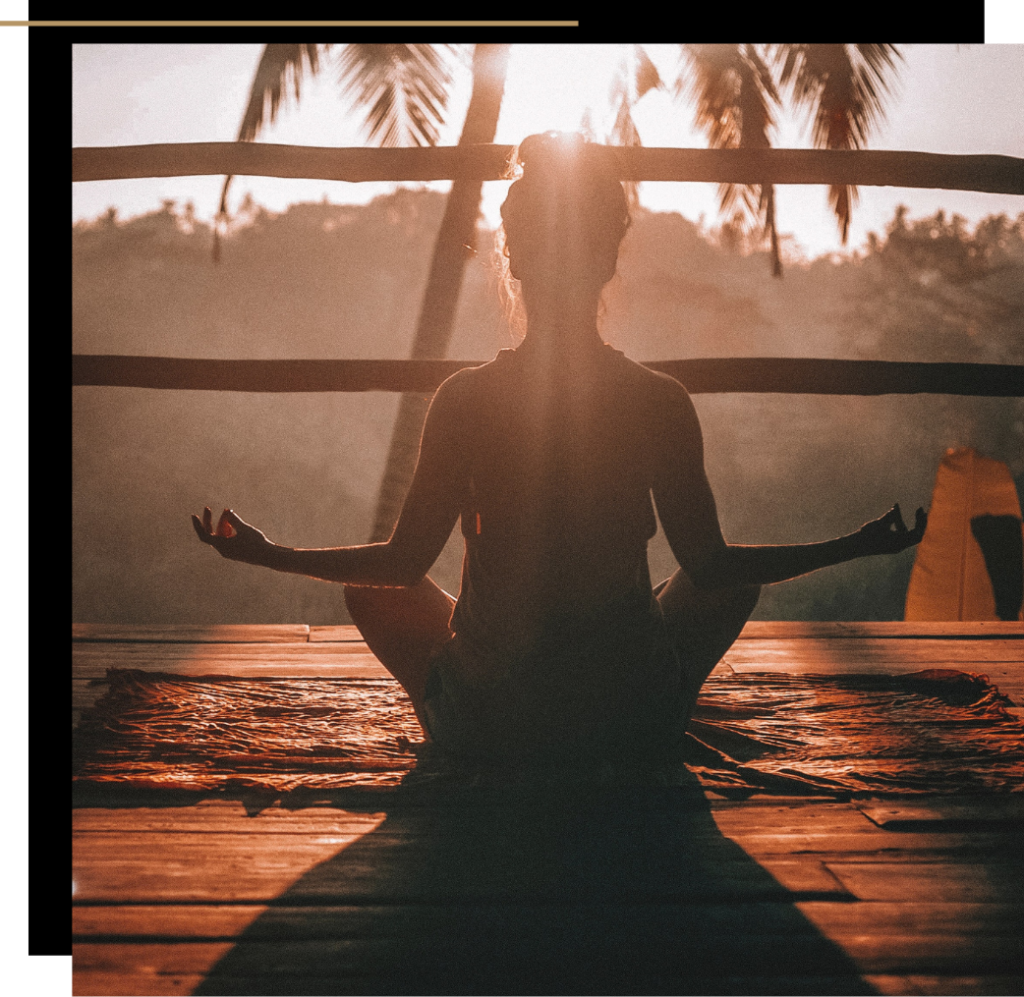

ASMR
ASMR – or Autonomous Sensory Meridian Response – is a pleasant tingling sensation in your scalp, neck and upper spine. There are literally millions of YouTube videos which attempt to trigger this sensation by whispering, scrunching paper and scratching and tapping the microphone. Some ASMRtists also repeat affirmations and offer words of comfort, such as “you are safe, you are loved.”
Not everyone gets a full-on tingling sensation. For some, it’s just very soothing and relaxing; something akin to a brain massage. It can help you switch off, destress and fall asleep. It’s not for everyone but the craze has really blown up during the pandemic, so I recommend giving it a go.
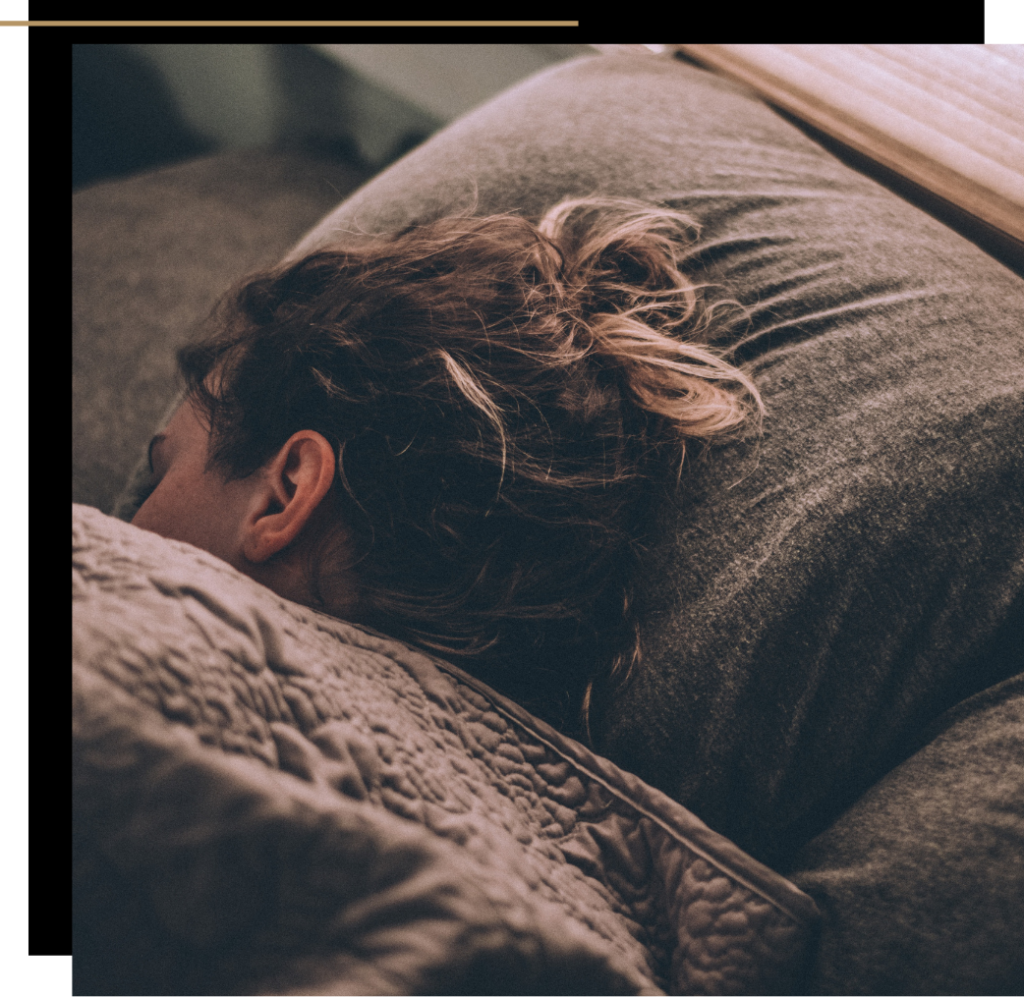

What are your top tips for maintaining mental wellbeing during COVID-19? Let me know in the comments below. And why not check out my list of the best destinations for post-pandemic travel or the best luxury masks for safety and style?
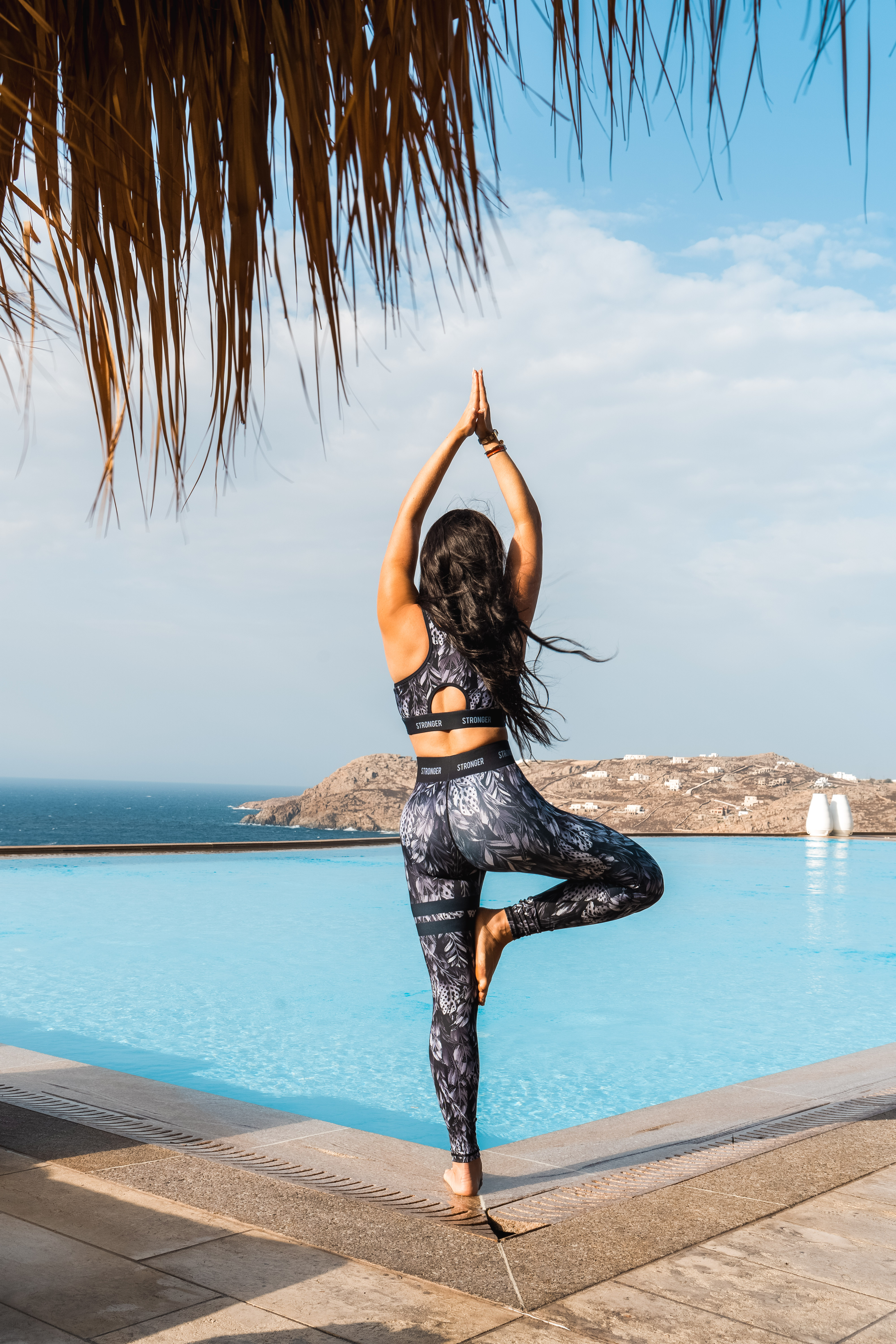
 JavaScript is currently disabled in this browser. Reactivate it to view this content.
JavaScript is currently disabled in this browser. Reactivate it to view this content.

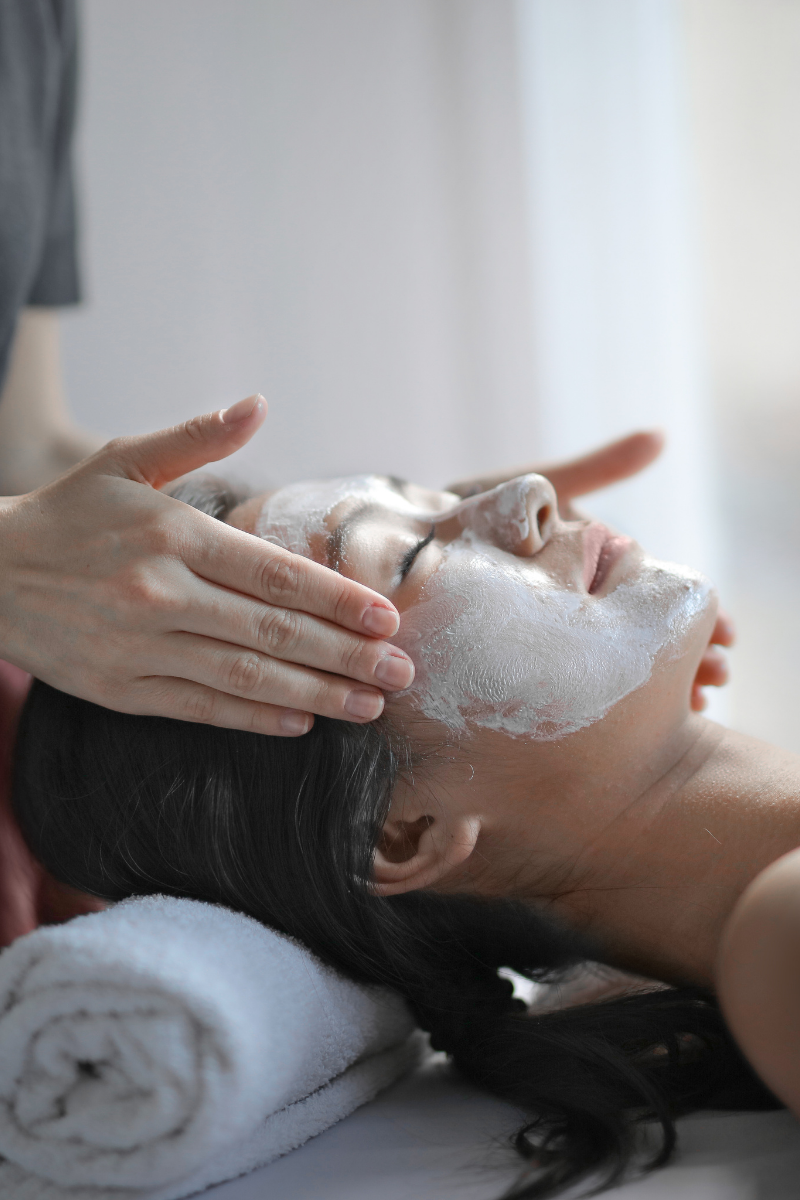
[…] I love a good gym session but the coronavirus pandemic has forced fitness fanatics everywhere to turn to home workouts. Sure, YouTube is full of useful videos but if you’re serious about shaping up and want to see real results, you’re going to need a workout program. With gyms and personal trainers in limited supply right now, the following home fitness apps might just be the answer to your prayers. Plus, regular exercise is essential for taking care of your mental health during the pandemic. […]
[…] I mentioned in my article on mental wellbeing, ASMR can really help you to cope with feelings of anxiety during the COVID-19 […]
[…] good news for digital nomads who are keen to stay in shape. Exercise is a really important part of caring for your mental wellbeing, which is more important than ever when you’re living thousands of miles away from […]
[…] How to Care for Your Mental Wellbeing During Covid-19 […]
[…] The wellness tourism industry was valued at $639 billion in 2020 and that’s only set to grow after the pandemic is over. If anything, covid-19 has made us more aware than ever just how important it is to look after our physical and mental wellbeing. […]
[…] nutrient-dense meals for yourself ahead of time. A balanced diet is essential to your physical and mental wellbeing so meal prepping helps to ensure that you get the most out of your DIY wellness retreat. In […]
[…] How to Care for Your Mental Wellbeing During Covid-19 […]
[…] For more on wellness, check out the best medspas in Thailand and this guide to caring for your mental wellbeing. […]
[…] you love all things wellness, be sure to check out this guide on caring for your mental wellbeing and this article on intermittent […]
[…] healthy habits. The covid-19 pandemic highlighted the importance of caring for our physical and mental wellbeing, and the wellness industry is stronger than ever. If you’re in need of a getaway, I’ve curated […]
[…] such a spike in popularity. People are rediscovering the healing power of being outdoors and the mental health benefits of exercise. Hiking is a great way to improve your fitness, explore beautiful new areas and safely […]
[…] Caring for Your Mental Wellbeing During Covid-19 […]